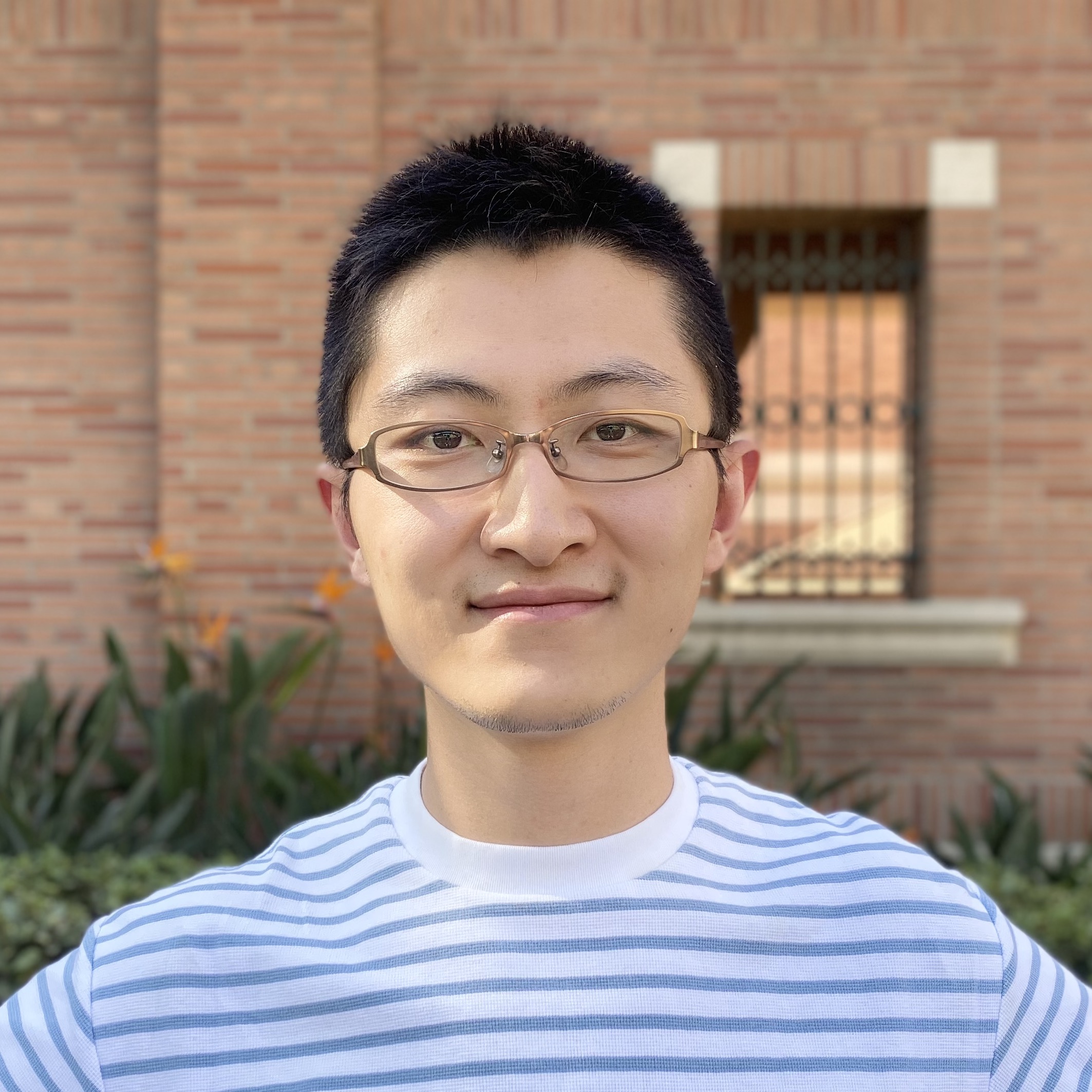Peng Qi

齐鹏
(pinyin: /qí péng/; ipa: /tɕʰǐ pʰə̌ŋ/)
I am an AI researcher working on AI agents, natural language processing, machine learning, and multimodal foundation models. I am currently leading research efforts at Uniphore, which I joined through its acquisition of Orby AI.
My research is driven by the goal of enhancing human intelligence with scalable and autonomous intelligent systems, which manifests itself in the following directions
- Organizing and leveraging human knowledge scalably. This involves tasks like question answering (where I have co-lead the development of some benchmarks for complex reasoning: HotpotQA and BeerQA), information extraction, syntactic analysis for many languages (check out Stanza), etc.
- Teaching interactive agents to communicate knowledge effectively. This mainly concerns interactive NLP systems such as conversational systems, where I am interested in theory-of-mind reasoning under information asymmetry (e.g., how to ask good questions and how to provide good answers beyond the literal answer), offline-to-online transfer, multi-modal interactions, etc. On the application side, I co-lead the founding research team that launched Amazon Q at Amazon.
- Learning to autonomously perform tasks by learning and inducing agentic knowledge. This concerns digital agents that operating on real-world user interfaces and tools to solve problems on behalf of users (e.g., via GUI automation or autonomously inducing reusable programmatic agentic skills). I am also developing next-generation efficient AI agent infrastructure and cutting-edge agentic techniques for applied science in the enterprise. Want to learn more? Consider joining our research team at Uniphore!
In all of these directions, I am also excited to explore data-efficient models and training techniques, model and system explainability, and self-supervised learning techniques that enable us to address these problems.
Before joining Orby / Uniphore, I worked for Amazon Web Services (AWS) as an senior applied scientist, and JD.com AI Research as a senior research scientist before that. I obtained my Ph.D. in Computer Science at Stanford University advised by Prof. Chris Manning, where I was a member of the NLP group and AI Lab. I also obtained two Master’s at Stanford (CS & Statistics), and my Bachelor’s at Tsinghua University.
latest posts
selected publications
- ICLRWARC-Bench: Web Archive Based Benchmark for GUI Subtask ExecutionsIn International Conference on Learning Representations, 2026
- ICLRPolySkill: Learning Generalizable Skills Through Polymorphic AbstractionIn International Conference on Learning Representations, 2026
- arXiv
- arXivAutoRubric-R1V: Rubric-Based Generative Rewards for Faithful Multimodal ReasoningarXiv preprint arXiv:2510.14738, 2025
- ACLCiteEval: Principle-Driven Citation Evaluation for Source AttributionIn Association of Computational Linguistics (ACL), 2025
- arXiv
- EMNLPRAG-QA Arena: Evaluating Domain Robustness for Long-form Retrieval Augmented Question AnsweringIn Empirical Methods in Natural Language Processing (EMNLP), 2024